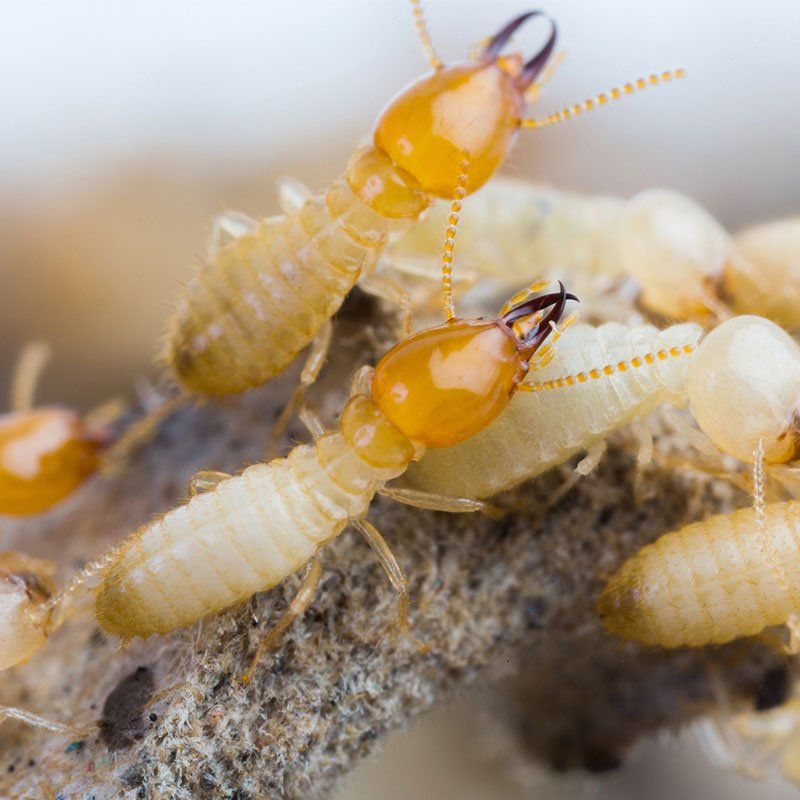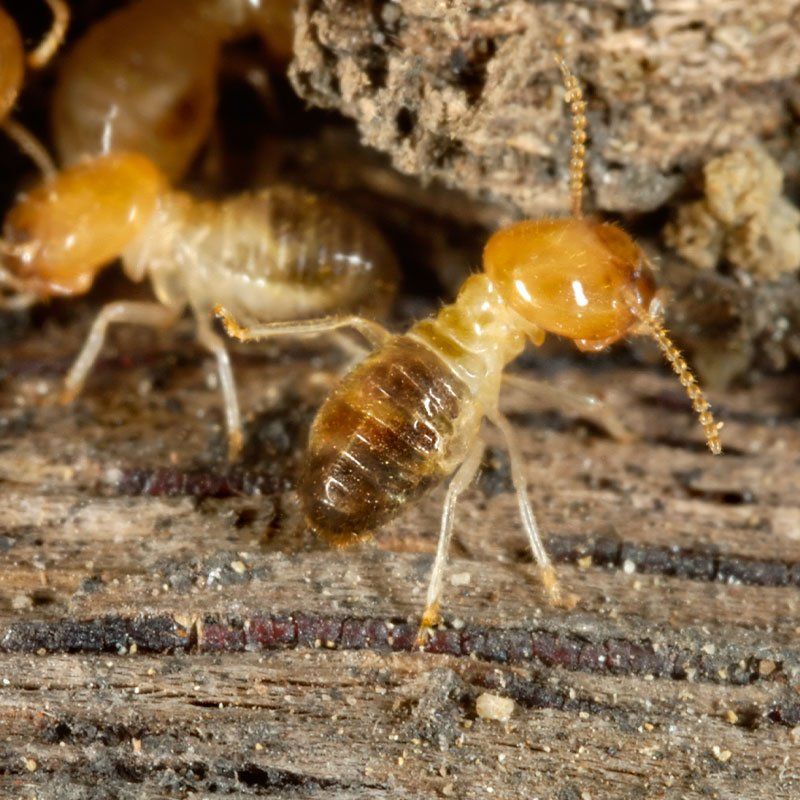We Help Detect, Manage & Protect Your Home From Termite Ingress!
Did you know there are Over 350 Species of Termites in Australia?
Termites – The Silent (and Very Hungry) Destroyers
Termites—also commonly known as white ants—are subterranean, ground-dwelling, tunnel-building, and highly social insects that live in large colonies.
Each colony has a strict social structure, with every member playing a specific role to ensure the survival of the group. Depending on the species, a mature colony can consist of hundreds of thousands—or even millions—of individuals. That’s a lot of mouths to feed… unfortunately, on your house.
In Australia, termites have earned the nickname “the silent destroyer”—and for good reason. Thriving in warm, humid climates, they’re experts at sneaking in unnoticed and causing extensive damage before you even realise they’re there. They build nests in gardens, tree stumps, fences, retaining walls, and even inside homes and commercial buildings.
And no, having a brick home doesn’t make you safe—termites aren’t picky. If there’s timber, moisture, and a way in, they’ll find it. Moisture around the perimeter of your home or building is one of the most common attractants.
How Do Termites Get In?
These tiny intruders are surprisingly crafty. They can enter your home through:
- Cracks or joins in your concrete slab
- Gaps around plumbing and wastewater pipes
- Weep holes around the base of your home or building
Basically, if there’s a gap—even the width of a credit card—they’ll squeeze through. They're like uninvited guests who don’t just stay for dinner, but eat the house too.
What Do They Eat? (Spoiler: Everything)
Termites feed on all types of timber including:
- Housing foundations and structural supports
- Roof void timbers
- Door and window frames
- Decking and landscaping timbers
- Tree stumps, fences, timber stacks, and even old building materials
- And yes… even books! (So much for that home library.)
With the right conditions, any home—regardless of age or structure—can become the perfect termite buffet.








